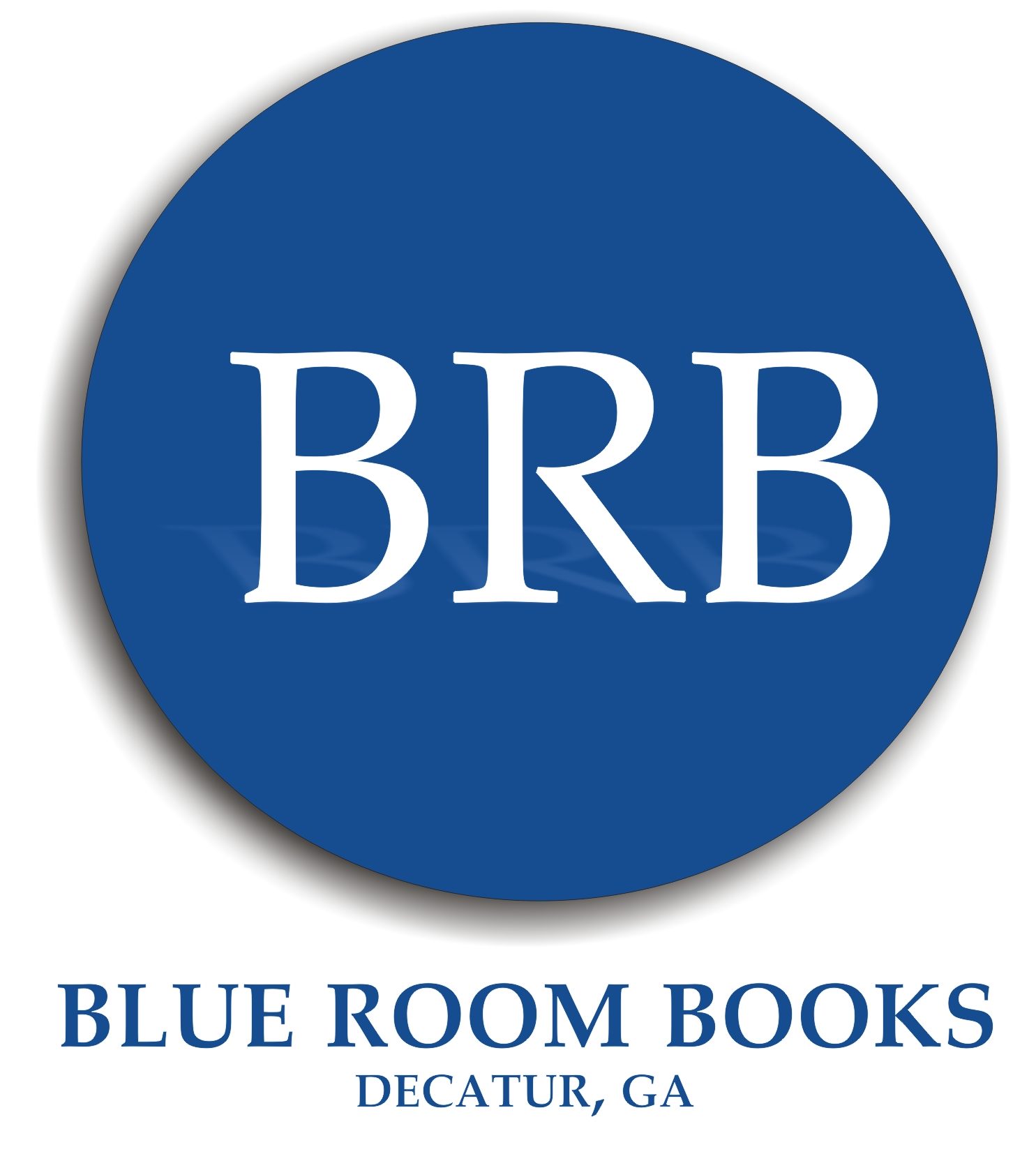In most nonfiction works, but not all (such as memoir and humor), it is beneficial to follow a style manual suited to the subject matter. Many writers have heard of the Chicago Manual of Style and often, as if that’s only style one can use, go looking for an editor who will edit to that manual’s specifications.
That’s a good thing if the work is of an academic nature. But then again, a writer may find it necessary to choose one of these other style manuals that will more closely match their subject matter.
If writing fiction, however, the key is to understand the purpose of punctuation but not be a slave to it. A writer’s Job Number One is to write, worry about punctuation later. In any case, and against all advice from so-called experts, a writer can set their own punctuation style as long as it does not confuse the reader. The secret is to be consistent in the use of the style being employed. Trust us: The reader will be trained in your style within the first few pages.
A writer’s Job Number Two is to entertain, enlighten, and/or motivate. How you do it is up to you. Punctuate to suit the material.
Click here to read Seven: Quotes and Credits and Cities and States and Countries.
